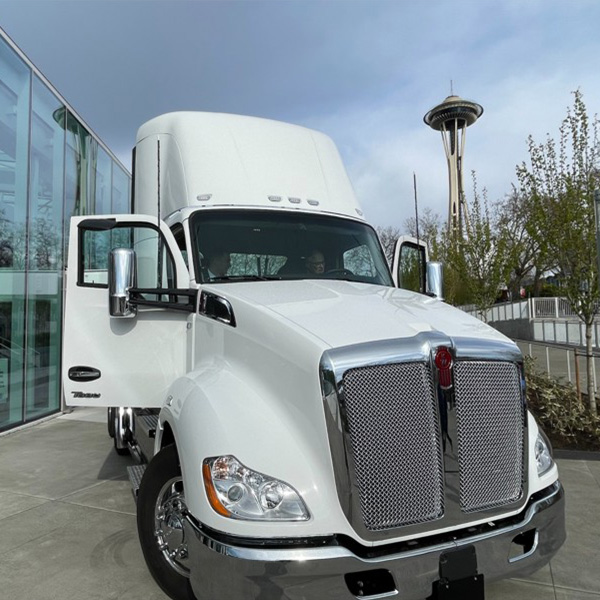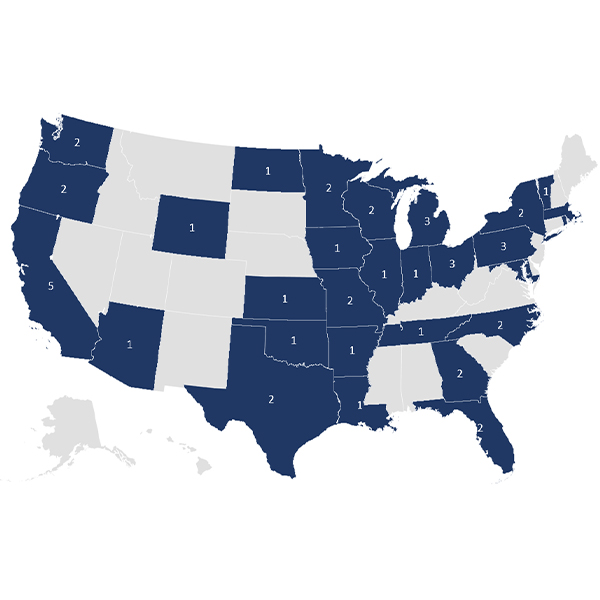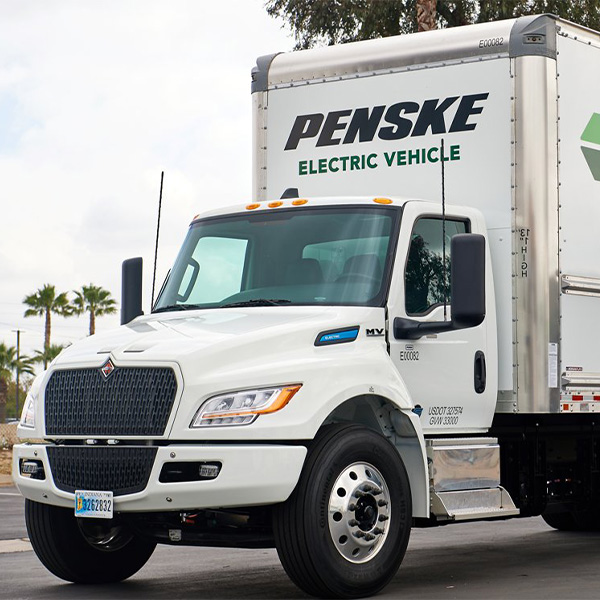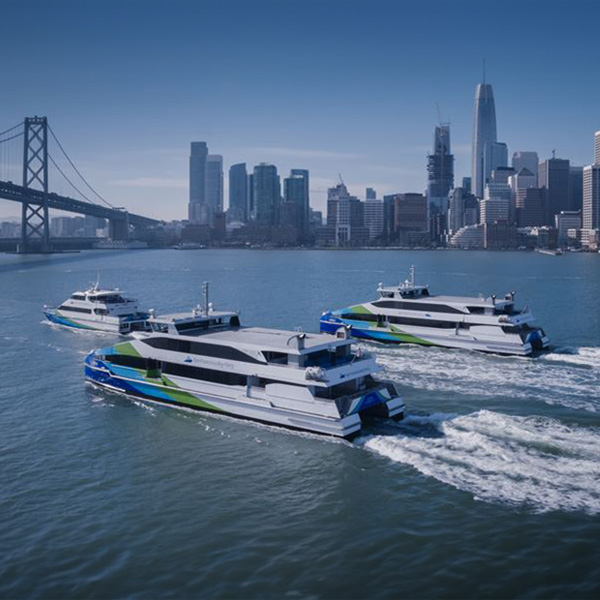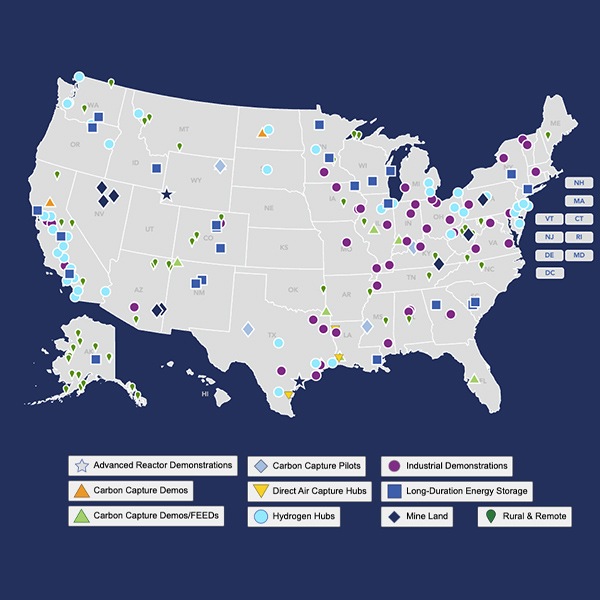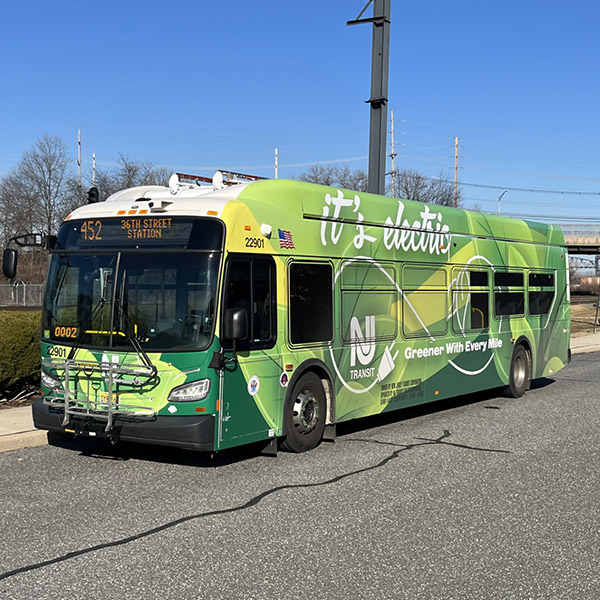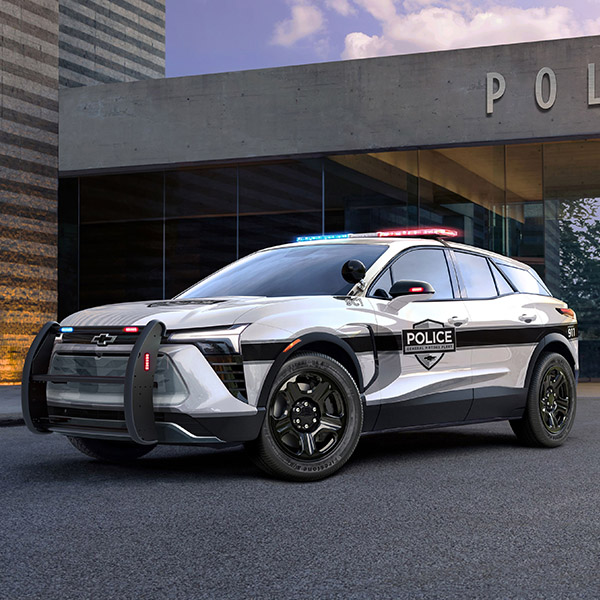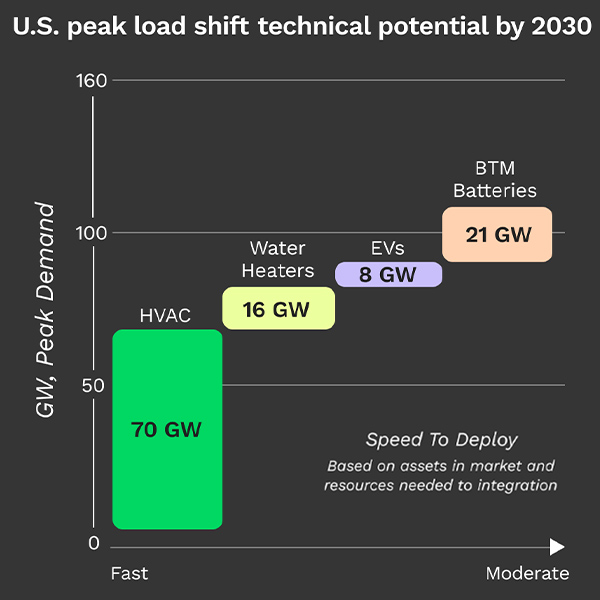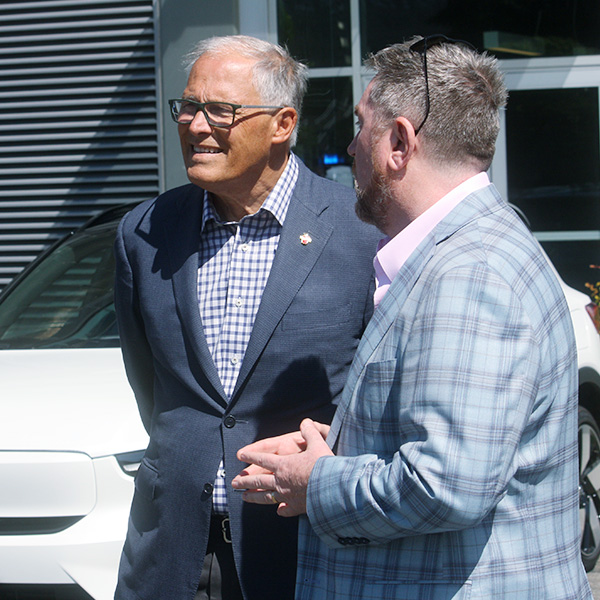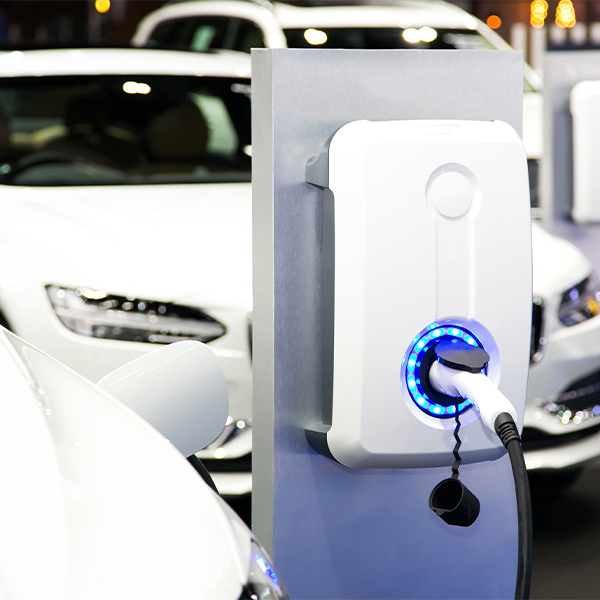Transportation Decarbonization
Airplane DecarbonizationEV chargersHeavy-duty vehiclesBattery Electric Buses (BEB)Fuel Cell Electric Buses (FCEB)Light-duty vehiclesBattery Electric VehiclesFuel Cell VehiclesPlug-in hybrid electric vehiclesShip electrificationClean Ports
The Washington Trucking Associations argues that the timeline for adopting California's Advanced Clean Trucks rules faster than is practical for the industry.
The Federal Highway Administration’s CFI grants are spread across 29 states, the District of Columbia and eight tribal communities.
California ZEV infrastructure projects are receiving $150 million in federal funding, including $102 million for a tri-state charging network for medium- and heavy-duty trucks.
The California Energy Commission award was among $87M provided for medium- and heavy-duty ZEV chargers.
Signed into law Aug. 16, 2022, the IRA is the largest federal investment in climate and clean energy action in history, and leading up to the IRA’s second anniversary, the Department of Energy and other agencies have heralded the law’s impact and benefits.
New Jersey is adding to its efforts to cut medium- and heavy-duty vehicle emissions with plans to spend more than $300 million on two electric bus garages and to increase the use of clean cargo handling equipment at ports.
New Jersey’s Board of Public Utilities awarded $3.4 million in grants to 18 proposals under a new program designed to help municipalities implement clean energy projects.
Home energy management company Renew Home has released a position paper arguing that VPPs can quickly be stood up to help meet growing demand.
The new Washington program aims to help low- and moderate-income families lease or buy electric vehicles with some of the most generous incentives offered in the U.S.
New Jersey last year put an additional 62,426 new EVs on the road, a 68% increase over 2022, which has prompted some advocates to suggest the state is in reach of its goal of having 330,000 EVs in the state by 2025.
Want more? Advanced Search
